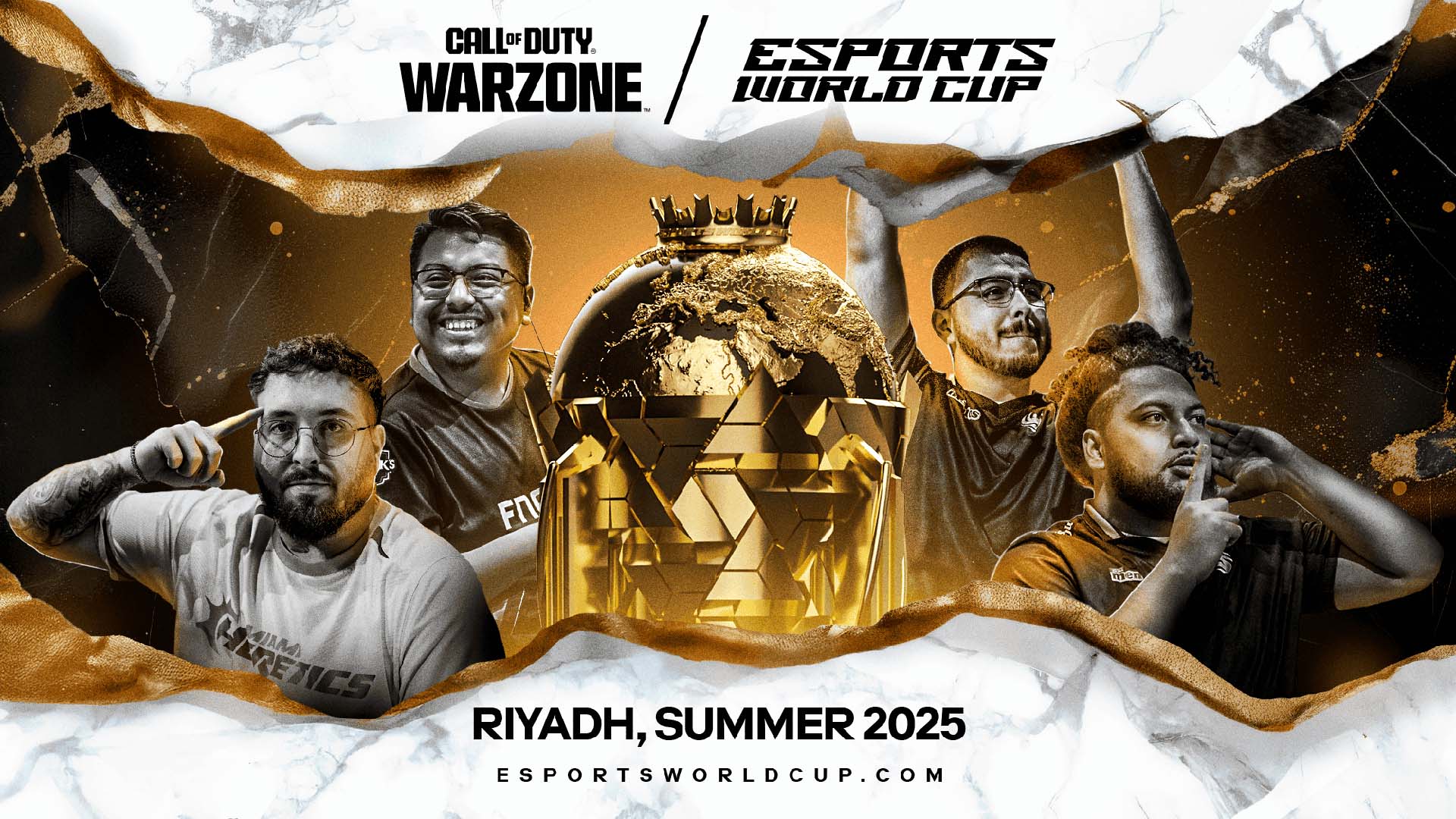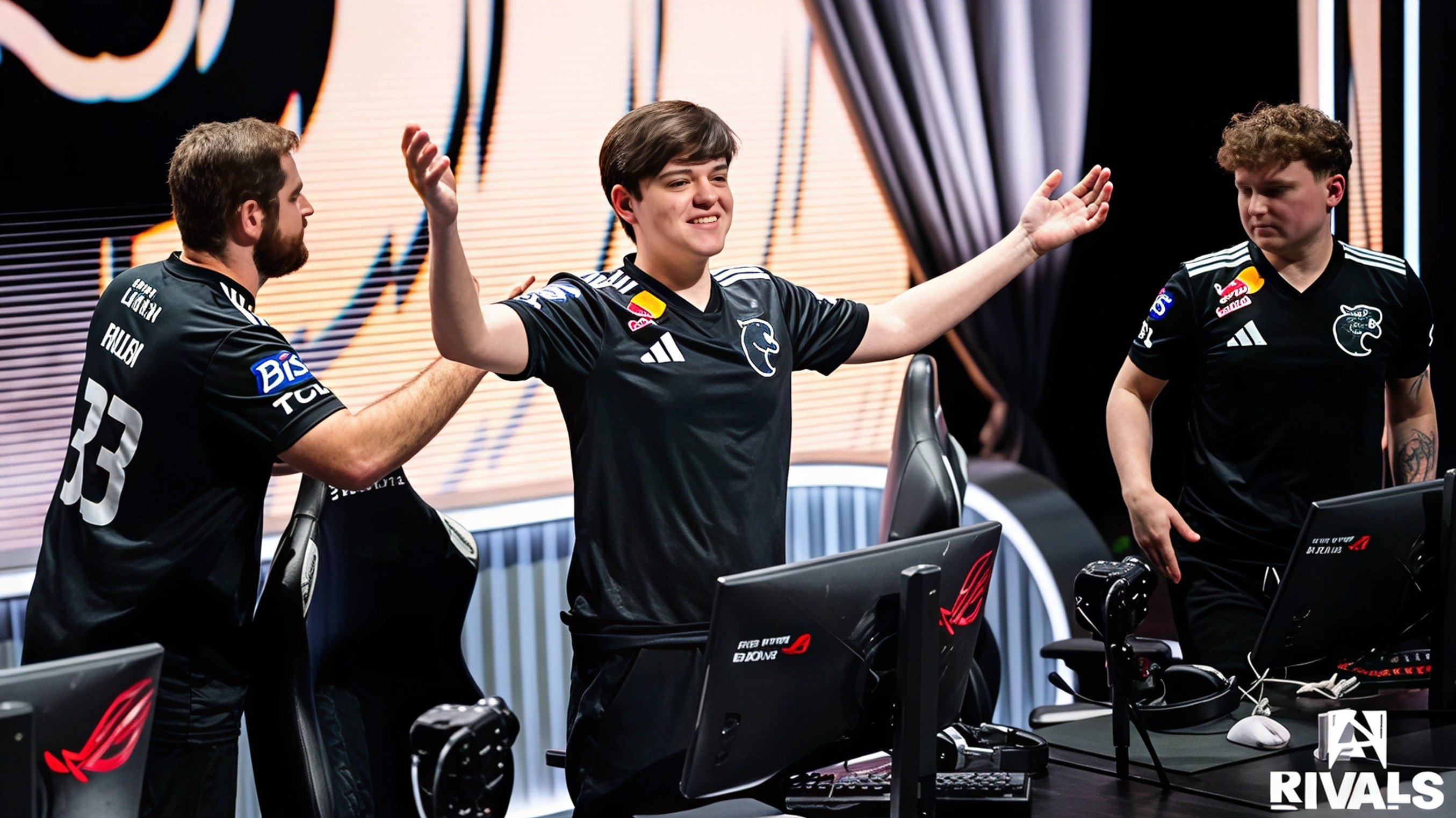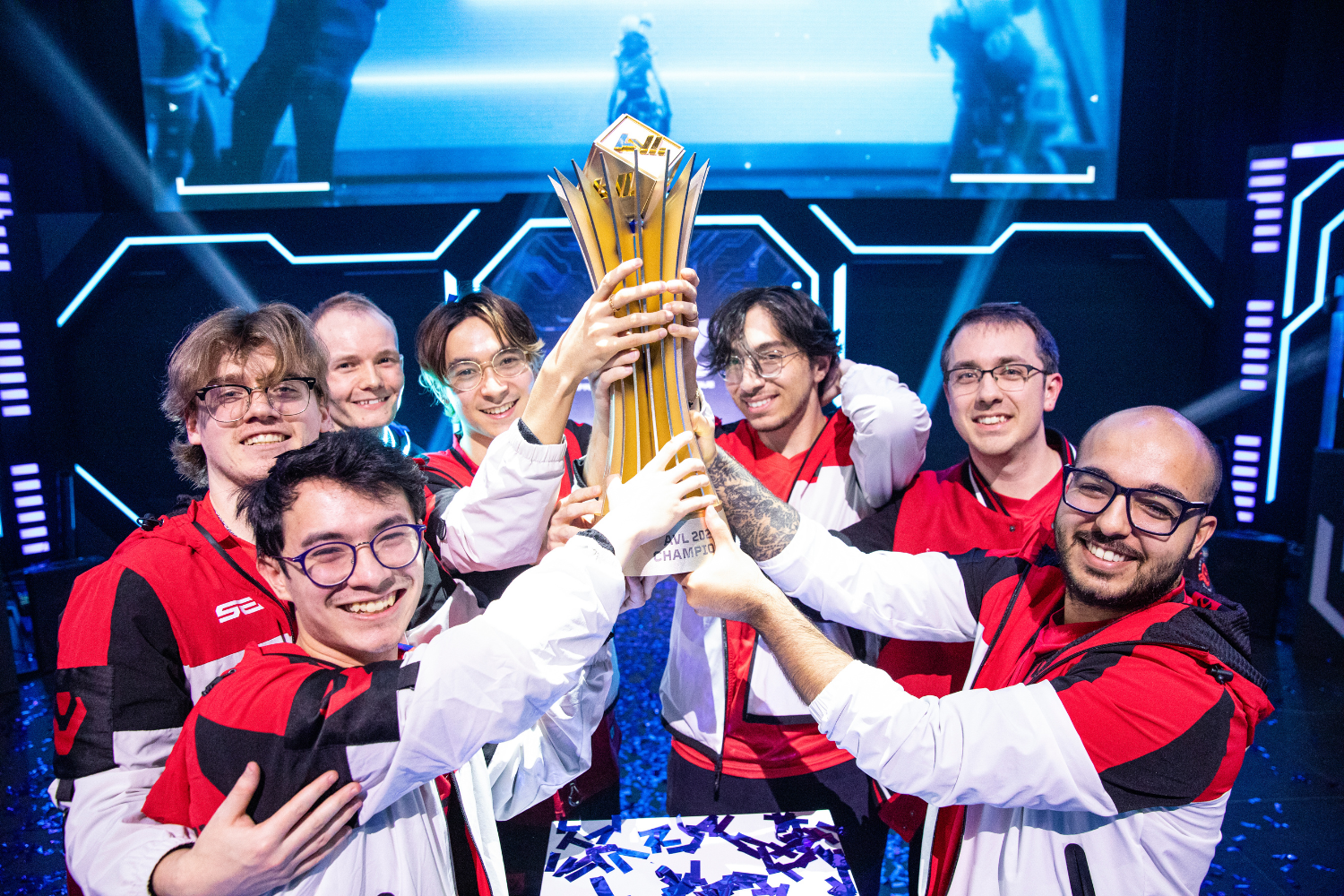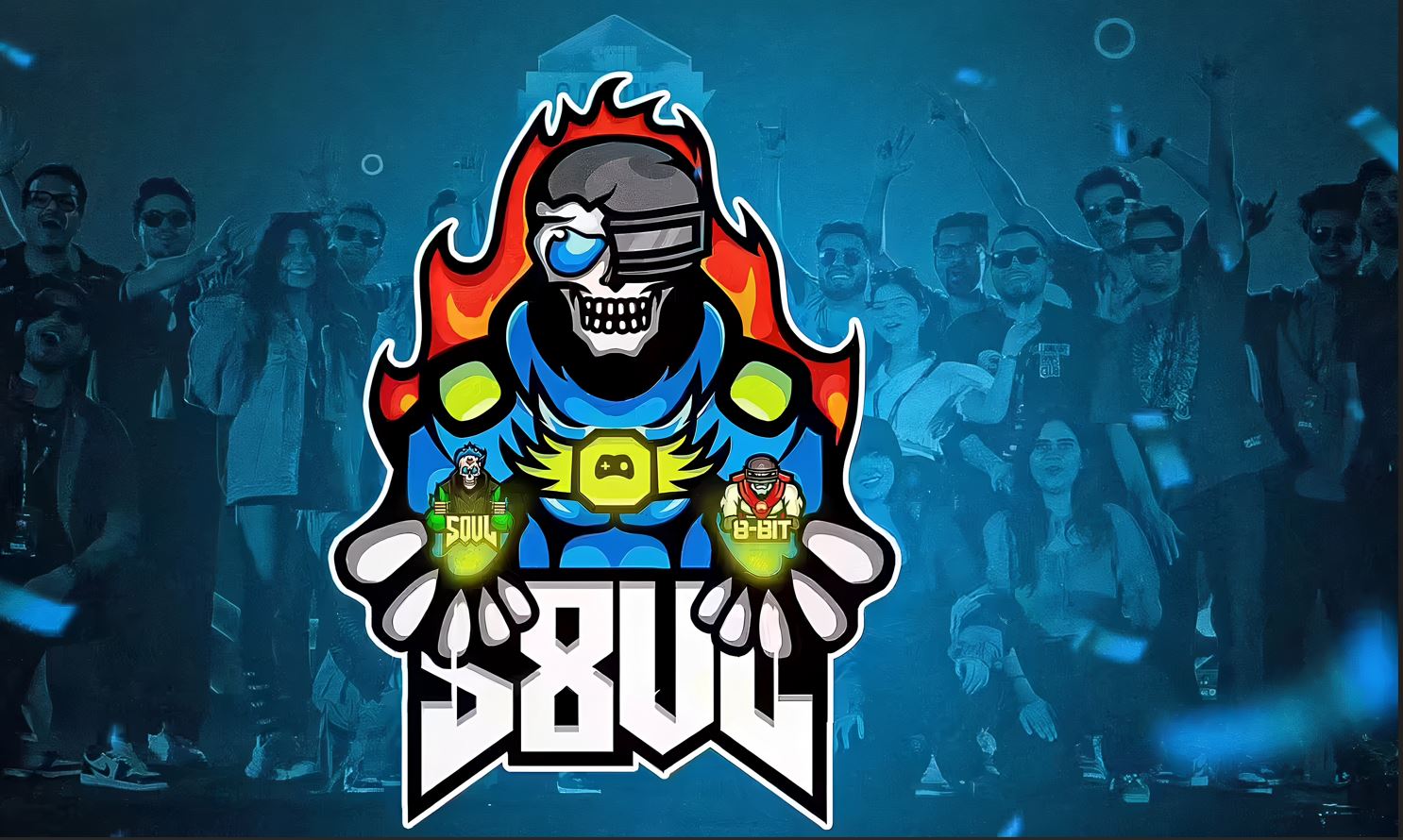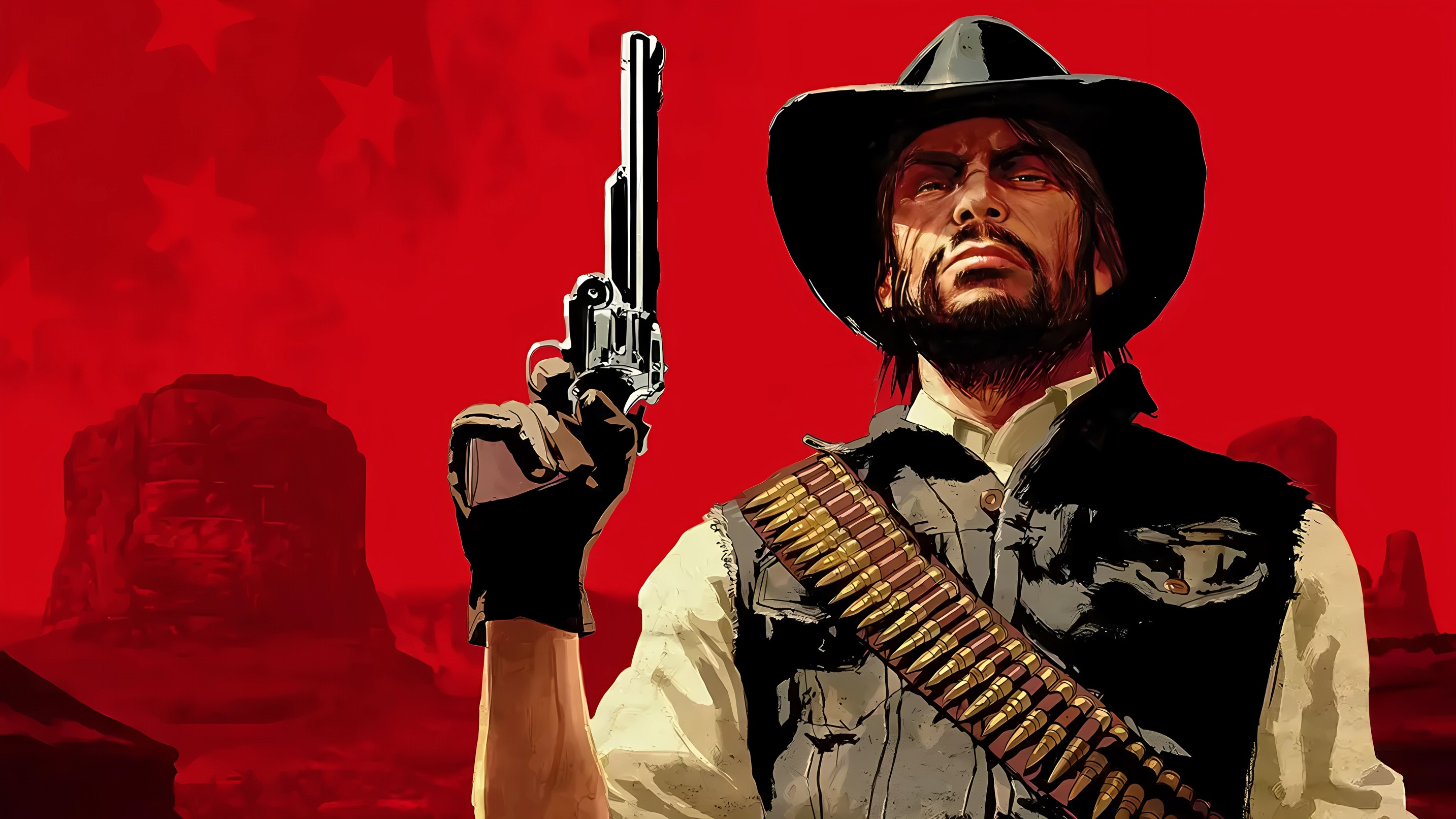Just days before the Esports World Cup kicks off its Call of Duty: Black Ops 6 tournament in Riyadh, a single rule change has managed to split the entire community. In a move no one saw coming, tournament organizers have announced that coaches will now be allowed live voice communication with players during matches. For the first time in COD history, the voice of the coach will not just be heard in huddles or during pauses. It will echo through the match in real time, helping guide decisions, strategies, and maybe even the final outcome of the game. The result? An uproar that is shaking the competitive scene to its core.
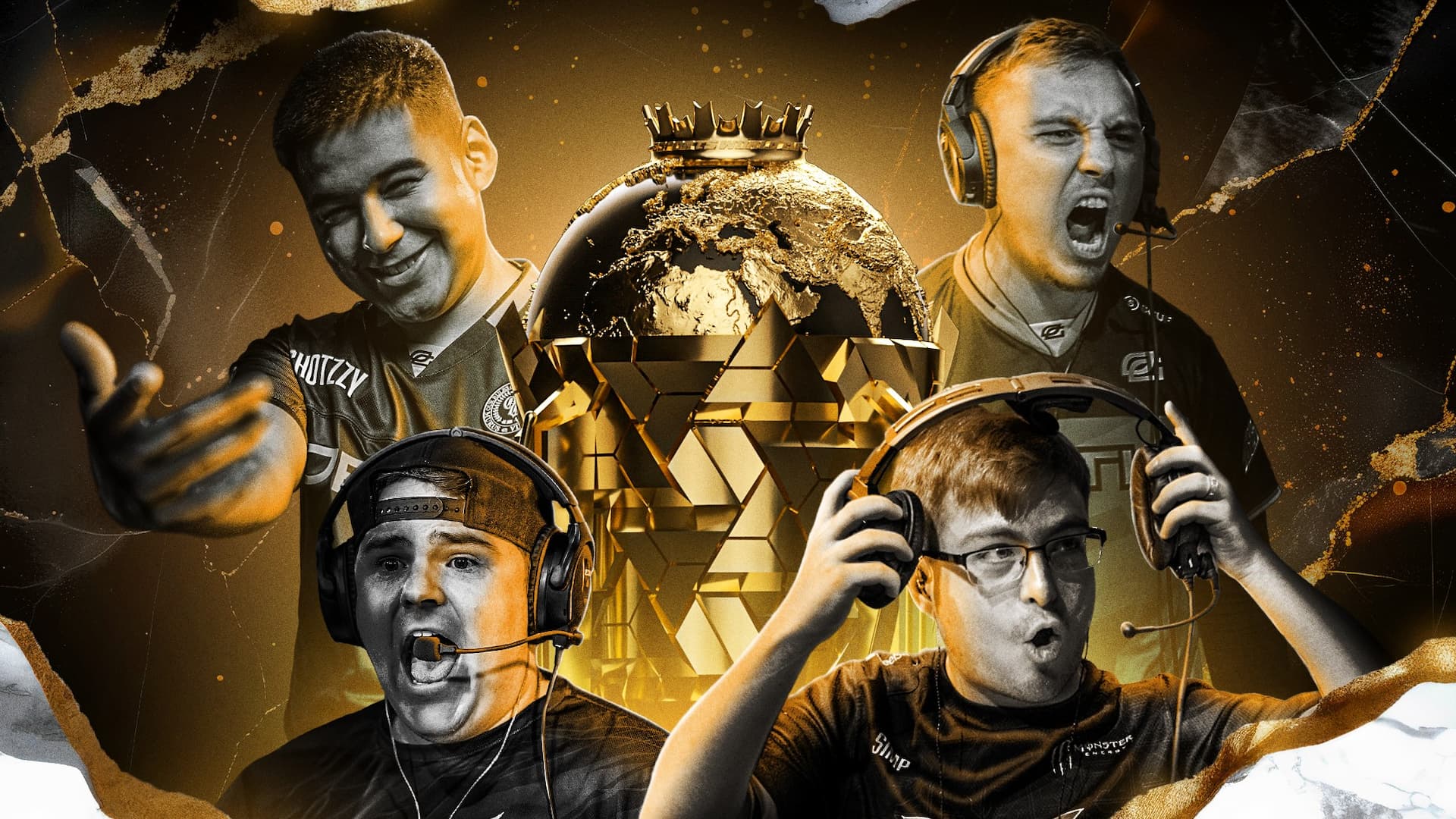
Under the new rule, coaches can now talk during Hardpoint and Control modes while offering feedback between rounds during Search and Destroy. While that might sound like a logical step toward more structured gameplay, the timing and the implications are anything but calm. The competitive COD world has thrived on its high-pressure moments, where the only voices in the comms were players calling shots on instinct, adrenaline, and raw synergy. This rule rewrites that rhythm completely.
Legendary world champion Octane was among the first to criticize the decision, calling it a dangerous precedent. He warned that it blurs the lines between player skill and guided execution. According to him, a key element of elite-level play is the ability to react under pressure without external input. Letting a coach guide plays from the sidelines could, in his words, dilute what separates the best from the rest. His concern is not just purist nostalgia. It’s about the very core of what defines greatness in COD esports.
On the flip side, coaches like JKap and former pro Parasite believe this change could take Call of Duty to a new strategic level. JKap argued that giving coaches more agency allows for deeper tactical decision-making and adaptability, especially during chaotic team fights or when plans fall apart. Parasite added that stronger coaching could bridge chemistry gaps and make matches more balanced and thrilling to watch. With more structure, there’s potential for fewer one-sided games and more unpredictable comebacks.
But the most immediate impact is on team dynamics. Veteran teams with long-standing coaching setups like Atlanta FaZe, LA Thieves, and OpTic Texas are now even more dangerous. Their coaches are not just figureheads. They are former champions who know how to read games in real time. With this rule, they are now a fifth brain in the match, able to steer strategies on the fly. Meanwhile, newer or less organized rosters might use this rule as a crutch to cover their weak spots, using coach input to compensate for poor communication or lack of leadership.
The rule also puts pressure on in-game leaders. Traditionally, IGLs are the heartbeat of any COD team. Now, with a coach chiming in, those same IGLs may find their authority challenged or their instincts overridden. Will this lead to better gameplay, or will it create internal chaos? That question is still wide open.
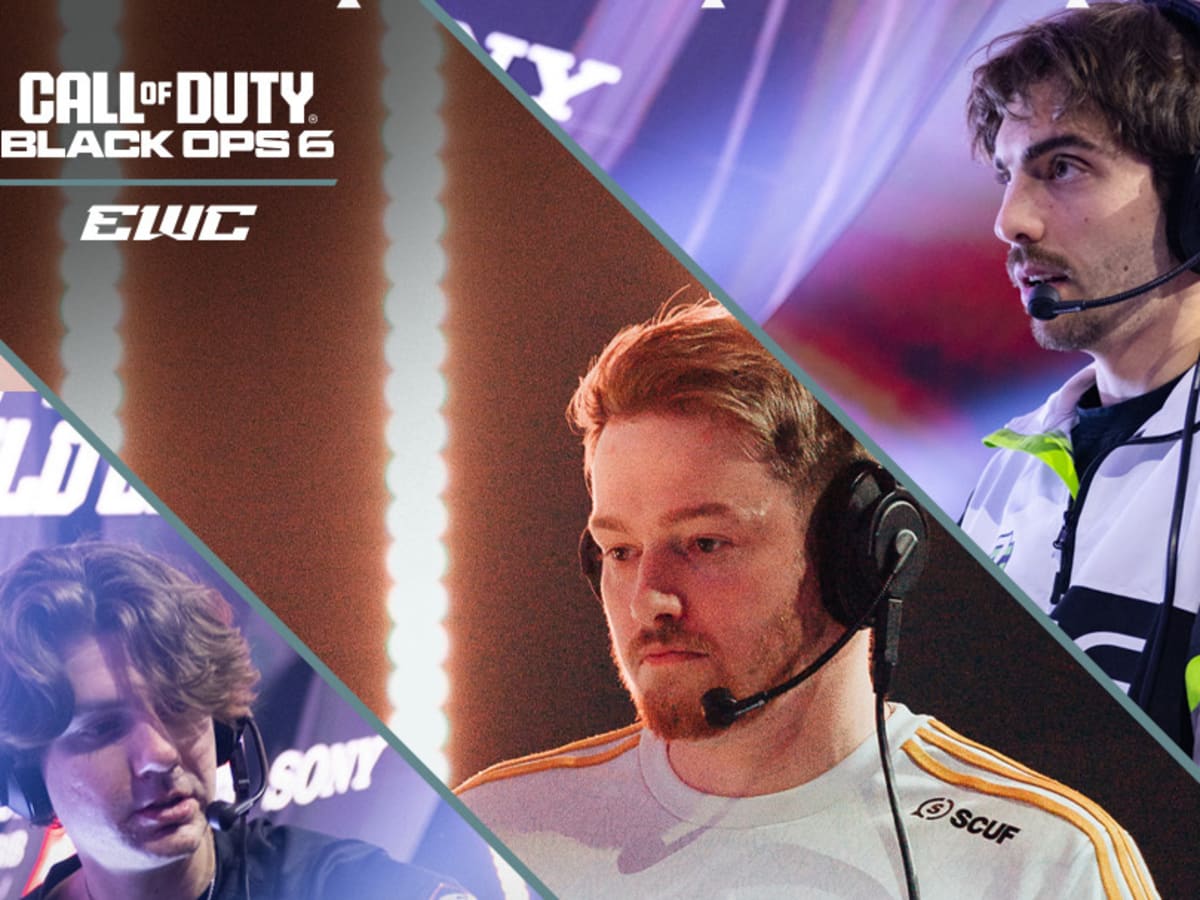
There’s no denying the entertainment factor this could add. Tactical chaos, unpredictable switches, real-time micromanagement from the sidelines it’s reality TV meets esports. But at what cost? The last-minute nature of the rule change means players and coaches have little time to adjust or practice this new dynamic. The risk is that the World Cup becomes less about raw skill and more about who has the better headset setup.
With 1.8 million dollars on the line and the world’s best teams gathering to fight for the crown, the timing of this decision feels like the gaming equivalent of changing the rules of chess a day before the championship. Will it create magic or madness? That is the question hovering over every match, every strategy call, and every misplay.
Follow Gaming Moves on Instagram and Facebook for more updates, breakdowns, and behind-the-scenes coverage from the Esports World Cup and beyond.

